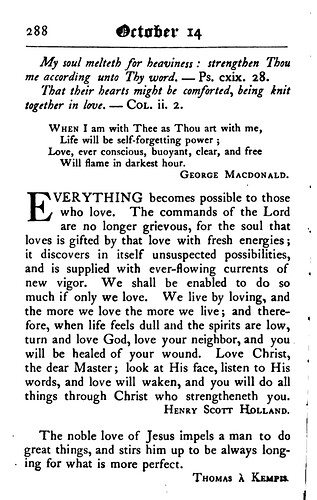Just finished Tom Holland’s “Dominion”, and it did not disappoint. Good all the way to the end as far as I’m concerned, though I think DuMez’s “Jesus and John Wayne” would make a good companion volume to fill in what has happened with cultural Christianity in the U.S. over the last few decades (which only gets attention in the last chapters of Holland’s book.) And he does bring it all the way up well into the 2010s, but by that point in his work, it’s just frosting on the historical cake that already been well-baked with the main body of his work, and he doesn’t delve into the recent phenomena like she does.
A point of interest for me: Holland does not self-identify as a believer, and we learn more about why near the very end of his book. It is there that he confides that his fascination with dinosaurs and fossils and his realization that the vast epochs of history just wouldn’t fit into the biblical narrative as he had received it from his beloved and respected, late Aunty Deb. And as a result he felt his childhood faith just fade away during those years.
Contrast that to this that he provides in the introduction to his book:
The values of Leonidas, whose people had practised a peculiarly murderous form of eugenics and trained their young to kill uppity Untermenschen by night, were nothing that I recognised as my own; nor were those of Caesar, who was reported to have killed a million Gauls, and enslaved a million more. It was not just the extremes of callousness that unsettled me, but the complete lack of any sense that the poor or the weak might have the slightest intrinsic value. Why did I find this disturbing? Because, in my morals and ethics, I was not a Spartan or a Roman at all. That my belief in God had faded over the course of my teenage years did not mean that I had ceased to be Christian.
Holland, Tom. Dominion: How the Christian Revolution Remade the World (pp. 16-17). Basic Books. Kindle Edition.
So there it is. A friend of mine wondered if this book might be a good read for his angostic brother who’s very scholarly and into history and has rejected Christianity and all the apologetic fluff that he sees bundled with it. My conclusion is that for people very sensitive to anything that might have a whiff of apologetics about it, this book would probably strike him as being “too obviously Christian” and very Christo-centric in its focus (and therefore of suspicious motivation). And yet on the other side, those whose sniffers are attuned to purify their literature-scape of all heretics - here is an author who is obviously “outside the fold” since he stated himself that he no longer believes what he was taught as a child. Not to mention, that while he spends time showcasing the good things associated with Christianity (and various religions and cults along the way), he also showcases atrocities associated with them all (including Christianity) too. So unfortunately there is plenty of excuse for those from either side of all this to reject his thesis prematurely.
I can’t help but wonder, though, if what he’s walked away from might be something else other than the Christ of the cross. Having read this, I’m seeing the importance of organizations like Biologos to let people know that Christian faith doesn’t only come in one recently-invented shape and size. It comes in messy packages. And always has, as his work does a good job documenting.
